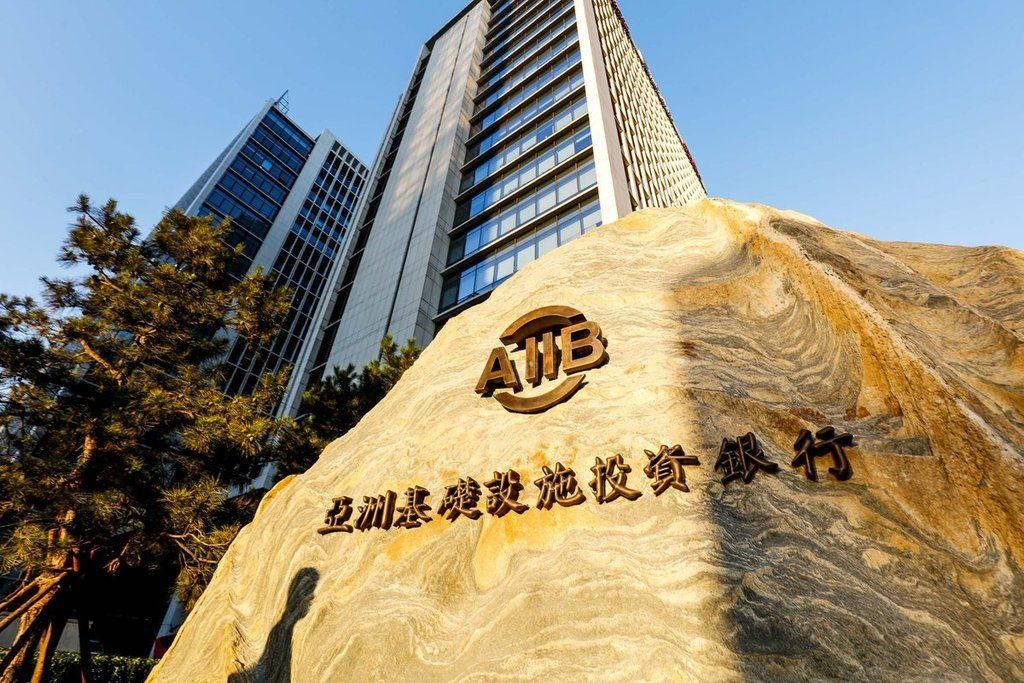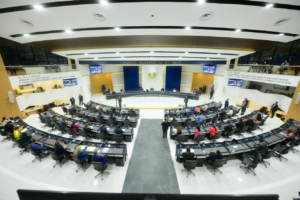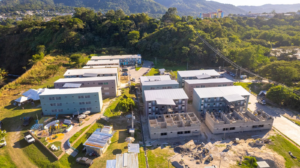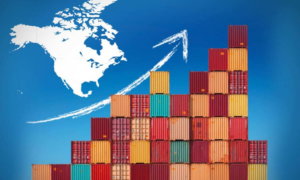
With the vision of strengthening sustainable economic development and opening new international financing opportunities, the Legislative Assembly of El Salvador approved the country’s affiliation to the Banco Asiático de Inversión en Infraestructura (BAII) with 57 votes in favor. This step represents a milestone for the country, which becomes the first member in the region to join this prestigious global financial institution.
The BAII is recognized for its focus on financing infrastructure projects that not only create jobs, but also lower production costs and improve market connectivity. In addition, the bank promotes economic sustainability, innovation, and reliability in the supply of critical resources such as energy and water, in line with the development strategy that El Salvador seeks to implement in the coming years.

With 109 members worldwide, the BAII prioritizes projects in areas such as green infrastructure, regional connectivity, and technology. By joining this organization, El Salvador positions itself alongside countries such as Germany, England, Australia, and France, which will enable it to access financing for key projects in these areas, boosting the country’s modernization and development.
Congressman Raúl Chamagua highlighted the importance of this agreement, underlining that “it ensures that any international treaty approved by the Assembly will have a positive impact on the salvadoran population”. He also remarked that these agreements are essential to strengthen the country’s foreign policy and promote international cooperation.

Chamagua emphasized that membership in the BAII will make it possible to improve El Salvador’s road infrastructure and transportation system, areas that require significant investment. “This agreement strengthens the salvadoran government at the international level, opening doors to organizations that were previously difficult to reach”, he said.
Finally, the legislator stressed that this affiliation will not only strengthen international cooperation, but will also have a direct impact on the country’s economy.







